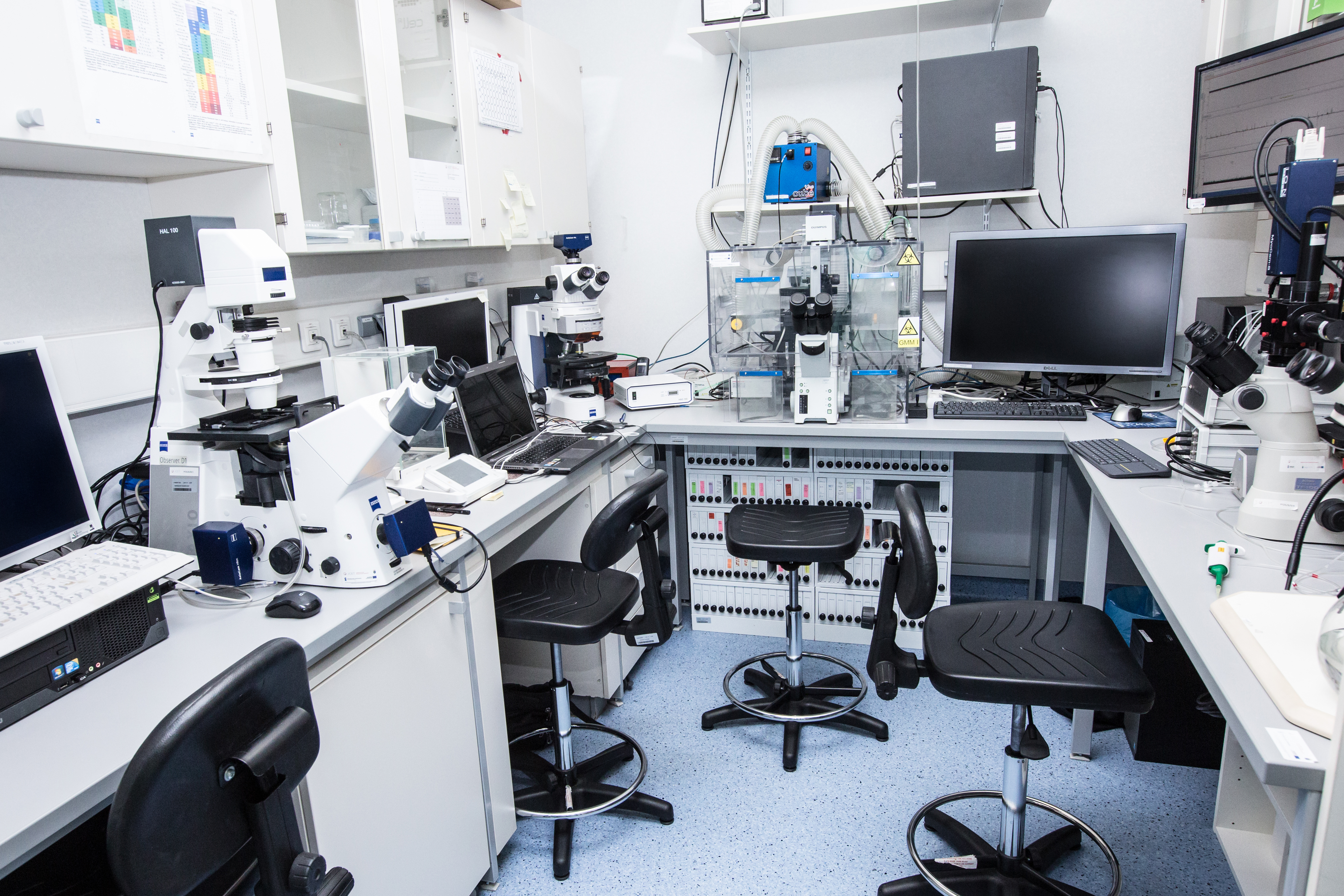The seminars are held at 16:30 via the Webex application (recording, privacy), and are conducted in English.
To receive information about monthly seminars, register here.
Contact:
Maksymilian Szymczak
 Web Content Display
Web Content Display
Web Content Display
Web Content Display
 Web Content Display
Web Content Display
Web Content Display
Web Content Display
 Web Content Display
Web Content Display
Web Content Display
Web Content Display
The seminars are held at 16:30 via the Webex application (recording, privacy), and are conducted in English.
To receive information about monthly seminars, register here.
Contact:
Maksymilian Szymczak
 Web Content Display
Web Content Display
Web Content Display
Web Content Display
During biosynthesis, membrane and secreted proteins are modified by covalent addition of complex sugars – glycans. Glycans typically do not interact strongly with the surface of the protein they are attached to and remain very mobile, shielding the protein surface from direct contact with other proteins and ligands. As became evident for the protein mediating SARS-CoV-2 entry into host cells, glycan shields hinder immune responses and are a key contributor to the success of coronaviruses. The majority of protein-protein interactions are affected by glycan shielding, which is further fine-tuned by cell type-dependent variations of glycan composition. Despite their general importance, glycan shields have so far been characterized for only very few proteins and we know surprisingly little about their structural and functional impact.
Within this project, you will work at the interface between computational biology, biophysics and glycomics to establish the core principles of glycan shielding in collaboration with experts in experimental and computational biology. By combining physics-based high-performance computer simulations, structure prediction tools and glycoproteomics datasets, you will:
The environment:
You will join the Dioscuri Centre for Modelling of Post-translational Modifications led by Mateusz (Matt) Sikora. Dr Sikora is an expert in computer simulations of biological systems with particular focus on glycosylation and other modifications of proteins. The Malopolska Centre of Biotechnology is a world-renowned research institute offering a supportive and interdisciplinary research environment at the international level. We offer very good financial conditions and a cooperative working environment with access to cutting-edge computing facilities. By joining the Centre, you will have an opportunity to be involved in joint scientific and networking activities together with the Theoretical Biophysics dept. at the Max Planck Institute of Biophysics in Frankfurt, Germany, led by prof. Gerhard Hummer, partner of the Centre.
The Malopolska Centre of Biotechnology and the Dioscuri Centre strive to ensure a workplace with equal opportunities. We celebrate diversity and are committed to creating an inclusive environment for all members irrespective of gender, nationality or disabilities.
Detailed terms and procedures of admission.
In the event of the persons referred to in Article 186, section 2 of the Act,
Any document submitted in a language other than Polish or English must be accompanied by a certified translation into Polish or English.
Higher education diplomas awarded abroad should:
Any document submitted in a language other than Polish or English must be accompanied by a certified translation into Polish or English.
Each doctoral student, including a foreigner, admitted to the doctoral school is obligatorily subject to health insurance if he/she is not covered by such insurance on other grounds (e.g. employment relationship, contract of mandate, business activity, insured as a family member under 26 years of age, as the spouse of an insured person). The health insurance contribution is paid by Jagiellonian University and is financed from the State budget. In addition, a doctoral student receiving a doctoral scholarship is subject to compulsory retirement and disability insurance and accident insurance.
A person admitted to the doctoral school begins education and acquires doctoral student rights upon taking the oath. The Department of Personal Affairs reports each doctoral student admitted to the School to compulsory health and social insurance at the commencement of education, i.e. from 1 October at the earliest. Until that time foreign candidates are obliged to cover the costs of insurance for the time of travel, treatment, etc. individually.


